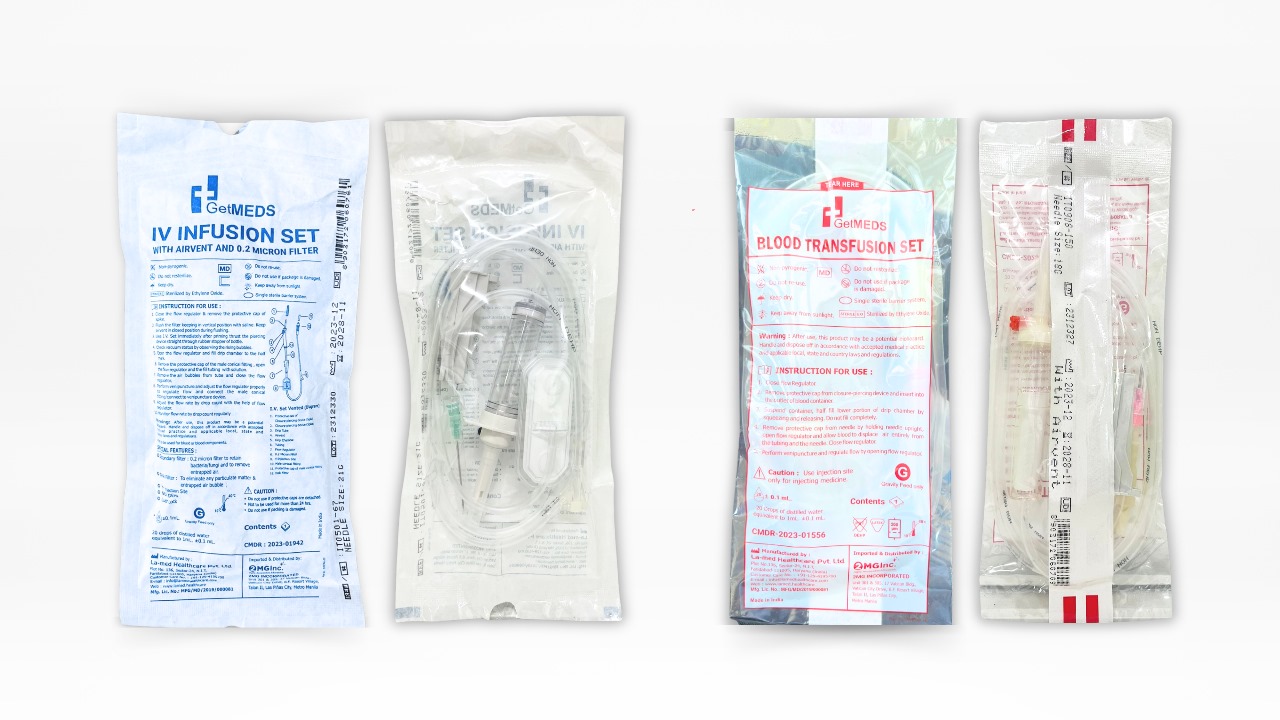Lung cancer is amongst the leading causes of deaths due to cancer in both men and women worldwide. A lung cancer diagnosis is often delayed since the body shows no major symptoms of the disease when it is in the early stages. Currently, less than 17 percent of lung cancers are diagnosed in patients before the tumour spreads or metastasizes to other areas.
Early detection of lung cancer is the key to a higher chance of recovery. It is not that the technology to detect lung cancer does not exist, it is the fact that the patient develops no major symptoms till an advanced stage. Simple X-rays and CT scans can be done to spot any abnormal growth or lesions in the lungs. Since smokers, current or former, are at a higher risk of developing lung cancer, focusing on this group is quite important. Sometimes, in Lung cancer early detection cases, lung cancer is discovered while treating the patient for a completely unrelated medical issue.
Heavy smokers with a history of the 30-pack year should get screening for lung cancer done before one notices or develops any symptoms. Cancer, if discovered in its early stages, is easier to fight. Besides smokers, there are several other people at risk of developing lung cancer:
- Have a family history of lung cancer;
- Are exposed to radon gas, asbestos, cadmium, chromium, silica, arsenic, or, nickel;
- Have a history of radiation therapy to the chest for treatment of some other form of cancer;
If after a screening test or based on your symptoms the doctor is suspicious of lung cancer, he or she might order advanced diagnostic tests for lung cancer diagnosis. Some of the advanced tests done to diagnose lung cancer are:
- Sputum cytology– to look for cancer cells in the mucus;
- Imaging tests- to look for suspicious growths in the lungs. Chest X-ray, CT, and a PET scan are all different types of imaging tests that need to be done depending on the screening tests;
- Biopsy- to remove some cells from the lungs for further tests under a microscope. There are different ways to conduct a biopsy, all depending upon what the doctor thinks is suitable in the case.
With the help of the results of the advanced test, doctors are able to determine the stage that the cancer is at. Lung cancer staging allows the doctor to determine the extent of cancer and help form an appropriate course of action to be taken for proper treatment.
Small Cell Lung Cancer (SCLC) and Non-Small Cell Lung Cancer (NSCLC) are two types of lung cancer discovered so far. SCLC is much more aggressive and spreads faster than NSCLC.
Read also: Lung Cancer Awareness: Are You at Risk?
The 4 main stages of Non-Small Lung Cancer-
- STAGE 1: Cancer cells are found in the lung only, and have not spread to other areas outside the lung;
- STAGE 2: Cancer is in the lungs as well as on the nearest lymph nodes;
- STAGE 3: Cancer is in the lung and has spread to the lymph nodes that are in the middle of the chest;
- STAGE 3A: Cancer has spread to the lymph nodes, but contained to the same side of the chest where the cancer was first detected or started growing;
- STAGE 3B: Cancer has metastasized to lymph nodes that are above the collar bone, or to the lymph nodes that are on the opposite sides;
- STAGE 4: Cancer has spread to both the lungs, inside as well as around it, and has metastasized to other internal organs.
The Small Cell Lung Cancer staging is divided into only two: limited, and extensive. In the limited stage, cancer is found in one lung and/or in the nearby lymph nodes that are on the same side of the chest.
The extensive stage of SCLC means cancer has spread-
- throughout the one lung where it originated;
- to the other lung;
- to lymph nodes present on the opposite side of the chest;
- to the fluid that surrounds the lungs;
- to the bone marrow;
- to the other organs of the body.
2 out of 3 people that are diagnosed with Small Cell Lung Cancer are already in the extensive stage.
Once a diagnosis is confirmed, then comes the treatment plan. Lung cancer prognosis is good when the cancer is detected in its early stage. A treatment plan for cancer is based on a number of factors, such as the age of the patient, their overall health, type of cancer, and the stage it is at. The patient also has a say in the course of treatment that is chosen for them. If the patient feels that the side effects of the treatment are more to bear than the potential benefits, he or she may choose to not receive advanced treatment, and rather get comfort care, i.e., only to treat the cancer symptoms and not cancer itself.
- SURGERY
Undergoing surgery may be an option for patients whose cancer is within the lung only. Radiation therapy or chemotherapy is recommended to patients with larger lung cancer, so as to shrink cancer before surgery. In cancer surgery, the surgeon aims to remove the cancerous tissue completely along with a margin of healthy tissues to avoid recurrence. If the surgeon feels there is a risk of cancer cells left behind after the surgery, follow-up radiation or chemotherapy will be ordered or advised.
- CHEMOTHERAPY
A combination of cancer-cell killing drugs is usually given intravenously or taken orally by the patient, over a period of a few weeks or months, as recommended by the doctor. - RADIATION THERAPY
Using X-rays and protons as the source, high-powered energy beams are used to kill the cancer cells locally with the help of direct radiation.
Apart from these basic treatment options, targeted drug therapy, immunotherapy, stereotactic body radiotherapy are all part of different treatments available for lung cancer. But before one takes up any medical course of action on their lung cancer prognosis, it is advisable to seek a second opinion for a better understanding and more information.
For early detection and immediate medical intervention, regular screening is important, especially for those who are at risk of developing lung cancer or have a family history.

 Login/Register
Login/Register
-777x437.png)










Be the first to comment on "Regular Screening for Lung Cancer & Why is it Important?"